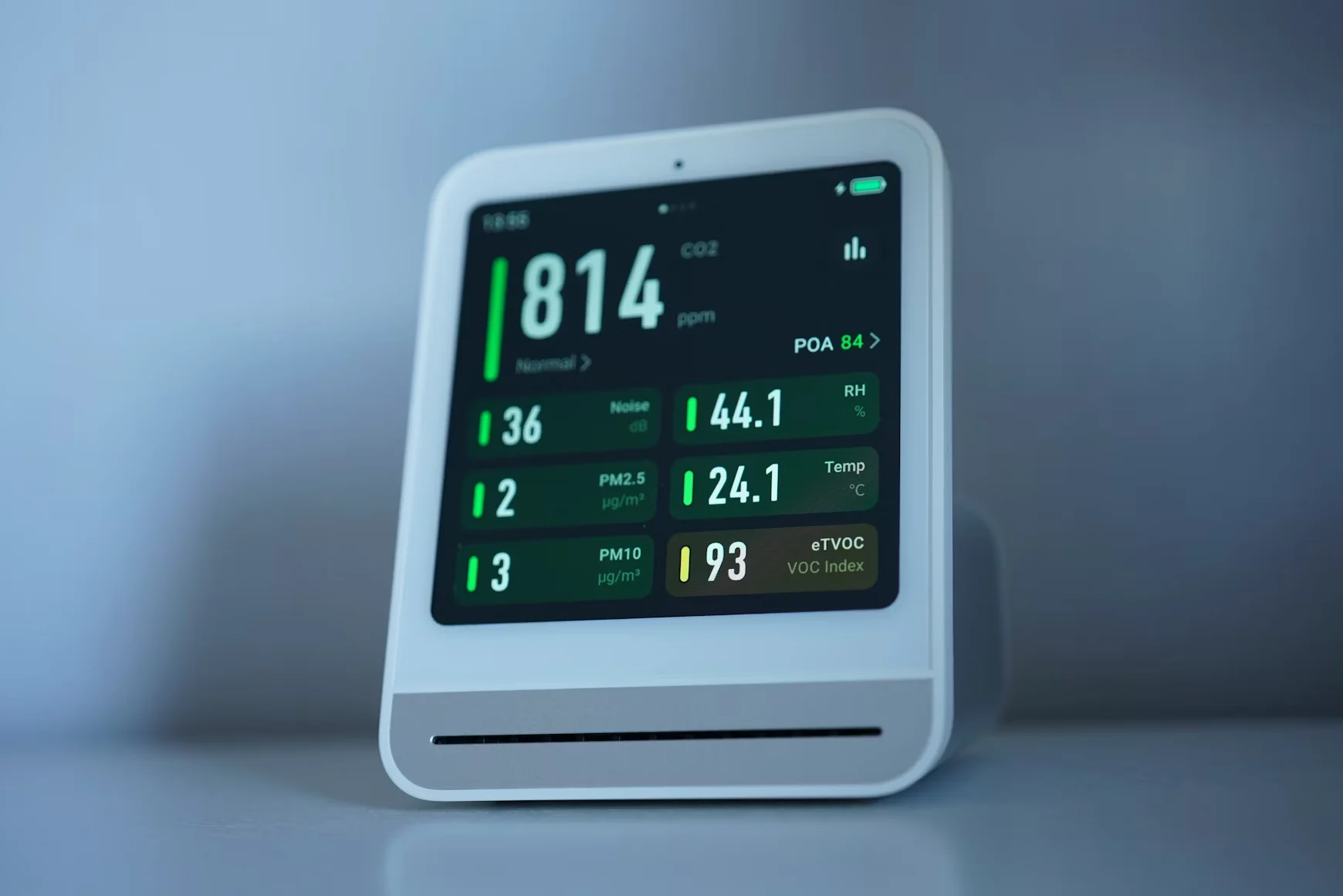
Medical Alert Systems: Finding Your Perfect Fit for Peace of Mind
Choosing a medical alert system is a significant step toward securing safety and independence for yourself or a loved one. The sense of security they provide is invaluable, but with so many options available, the selection process can feel overwhelming. This guide is designed to simplify that process. We'll explore the essential factors to consider, helping you understand how to choose a medical alert system that perfectly aligns with your specific lifestyle and needs, ensuring peace of mind is always within reach.
Step 1: Assess Your Lifestyle and Individual Needs
The best system is one that fits seamlessly into the user's daily life. Before looking at devices, consider the individual's routine. Are they a homebody, or do they enjoy being out and about, gardening, visiting friends, or traveling? An active individual will benefit most from a mobile system with GPS tracking, while someone who spends most of their time at home may only require an in-home unit. Also, consider any specific health concerns, such as a high risk of falling, which would make automatic fall detection a non-negotiable feature. Tech-savviness is another factor; some users prefer a simple, one-button device, while others might appreciate additional features available through a smartphone app.
Step 2: Compare Core Features and Technology
Once you have a clear picture of your needs, you can compare the technology. Look for a system with a reliable, 24/7 monitoring center staffed by trained professionals. Check the device's battery life—especially for mobile units—and how it's charged. GPS accuracy is critical for on-the-go systems to ensure help can be dispatched to the correct location. Another key feature is the two-way communication quality; you should be able to hear the operator clearly, and they should be able to hear you. Finally, automatic fall detection can be a literal lifesaver, as it can signal for help even if the user is unable to press the button themselves.
Step 3: Evaluate the Service and Associated Costs
A medical alert system is both a product and a service. Scrutinize the contract terms before committing. Look for providers that offer flexible, month-to-month plans without long-term contracts. Be aware of any hidden fees, such as activation, equipment, or cancellation fees. The monthly monitoring cost is the primary expense, but it's important to understand what it covers. Does it include spousal monitoring, fall detection, or GPS tracking, or are those extra charges? Understanding the full cost is a critical part of how to choose a medical alert system that fits your budget without sacrificing essential protections.
Making Your Final Decision
Armed with this knowledge, you are now equipped to make an informed choice. By matching your lifestyle needs with the right technology and a transparent service plan, you can find a system that delivers true security. The next logical step is to see how the top brands and models perform in the real world. Our comprehensive, hands-on reviews provide an in-depth look at the leading medical alert systems, comparing their features, responsiveness, and overall value to help you finalize your decision with confidence.












